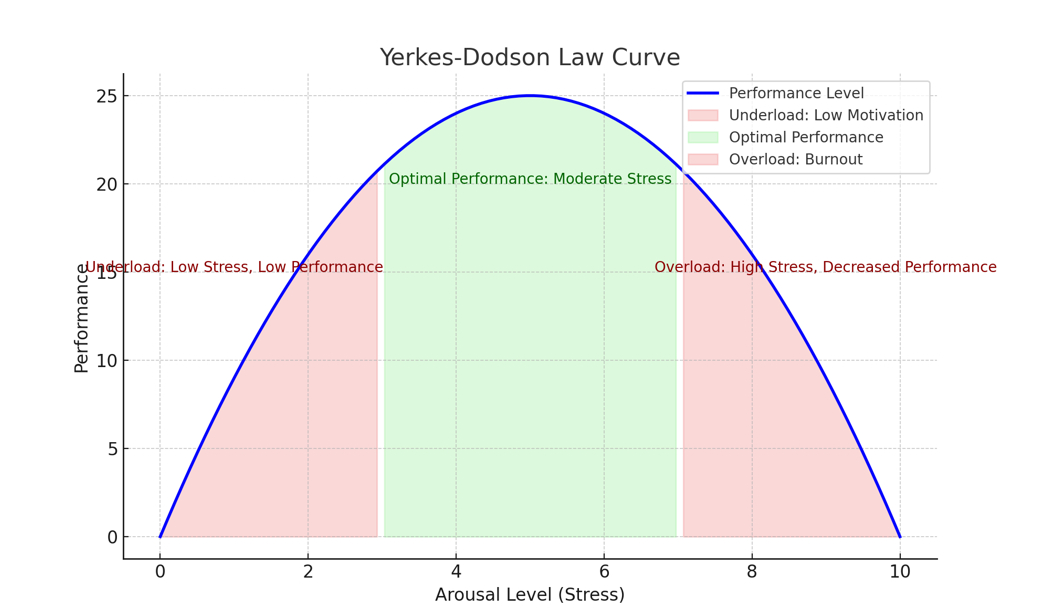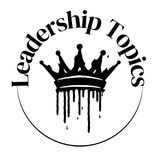A Healthy Dose of Anxiety Can Boost Performance
While anxiety often gets a bad reputation, research shows that a healthy level of stress can actually boost work performance.

In high-pressure work environment, anxiety is often seen as a liability. However, research suggests that, when managed correctly, anxiety can actually become a powerful tool for productivity and success. Many high-achieving individuals, from Hollywood celebrities to Fortune 500 CEOs, have spoken about how a healthy level of stress helps them stay motivated, think ahead, and perform better. Recently, actor and entrepreneur Ryan Reynolds revealed that his own struggles with anxiety have sharpened his focus and made him more attuned to future challenges.

Anxiety as a Motivator
When it comes to motivation, a certain degree of anxiety can serve as a powerful driver. The key lies in channeling that nervous energy into focused action. Research shows that when we experience mild anxiety, our bodies release dopamine, which increases our drive to accomplish tasks. This reaction is part of the body’s natural response to stress—pushing us to prepare for challenges.
For instance, think about the last time you had an important deadline. A small amount of stress likely motivated you to focus and complete the project on time. Without that prompt, it’s easy to fall into a complacent rhythm that doesn’t push your performance.
Action Tip: Try breaking your goals into smaller milestones with self-imposed deadlines. By giving yourself a clear, manageable timeline, you create mini stress points that can enhance your motivation to reach each target.
Anxiety and Improved Memory Retention
A study from the University of Waterloo, published in the journal Brain Sciences, found that an optimal level of anxiety can enhance memory retention. During the study, participants with higher anxiety levels were better able to recall specific details, particularly those tied to emotional experiences. This indicates that anxiety helps to imprint vivid memories, which can be beneficial in high-stakes work environments where attention to detail is crucial.
When anxiety triggers our memory retention, it’s because it prompts the brain to focus more intently on what’s unfolding. So, when faced with a significant task, a moderate level of anxiety can help cement key points and critical data, which may enhance your overall performance and recall.
Action Tip: The next time you’re preparing for an important presentation or meeting, try to attach emotional relevance to the details you want to remember. This can help you retain the information and recall it more effectively under pressure.
Anxiety and Higher IQ
Surprisingly, anxiety has been linked to higher intelligence. A study involving over 3,000 members of the high-IQ society Mensa found that 20% of participants reported an anxiety disorder diagnosis. Additionally, people with high IQs were more likely to worry, suggesting that there’s a link between analytical thinking and moderate levels of anxiety.
Further, a study published in Frontiers in Evolutionary Neuroscience indicated that those with generalized anxiety disorder (GAD) also tend to score higher on intelligence tests. This may be because they are better at anticipating potential challenges, allowing them to strategize effectively. In the workplace, a strategic level of anxiety may help you foresee problems, analyze risks, and make more informed decisions.
Action Tip: Embrace your analytical side. When anxiety arises, use it as an opportunity to examine your upcoming tasks, identify possible obstacles, and brainstorm solutions. This can lead to more thorough preparation and decision-making.
Embracing Vulnerability: Staying Genuine
One of the most powerful ways to use anxiety productively is by acknowledging it openly. Leaders who can express their anxieties authentically often build stronger connections with their teams, fostering a culture of empathy and understanding. By embracing your vulnerabilities, you not only stay grounded but also inspire your team to do the same.
In fact, studies show that leaders who embrace vulnerability are viewed as more trustworthy and relatable. When anxiety arises, it’s an opportunity to connect with others on a deeper level, allowing for genuine support and collaboration. Vulnerability encourages authenticity—a critical component of effective leadership.
Action Tip: The next time you feel anxious about a major decision, discuss your thoughts with a trusted colleague or mentor. Sharing your concerns can offer fresh perspectives and help alleviate some of the pressure.
Using Anxiety to Build Resilience
Anxiety, when managed properly, can help you develop resilience—the ability to bounce back from challenges and setbacks. By learning to work through stressful moments, you build mental toughness and adaptability. It’s like strength training for your mind; each instance of anxiety you navigate makes you more equipped to handle future challenges.
Embracing resilience means learning to accept and adapt, rather than avoid, discomfort. As you become more comfortable with a moderate level of anxiety, you’ll find that you’re able to take on more complex tasks with confidence.
Action Tip: Start by reframing your mindset. When anxiety arises, remind yourself that it’s a natural part of the process. Embrace the discomfort as an opportunity for growth and focus on the end goal.
Finding the Right Balance
While anxiety is often seen as a negative force, embracing it with the right strategies can lead to enhanced focus, motivation, and resilience. By reframing anxiety as a tool for growth, professionals can use it to foster personal development and drive workplace success. Whether you’re preparing for a big project or looking to improve your memory retention, the key is to find a healthy balance.
So, the next time anxiety rears its head, try harnessing it as a source of energy and motivation. Remember that with the right mindset, a healthy dose of anxiety can not only keep you on your toes but also bring you one step closer to achieving your professional goals.
The Leadership Topics




